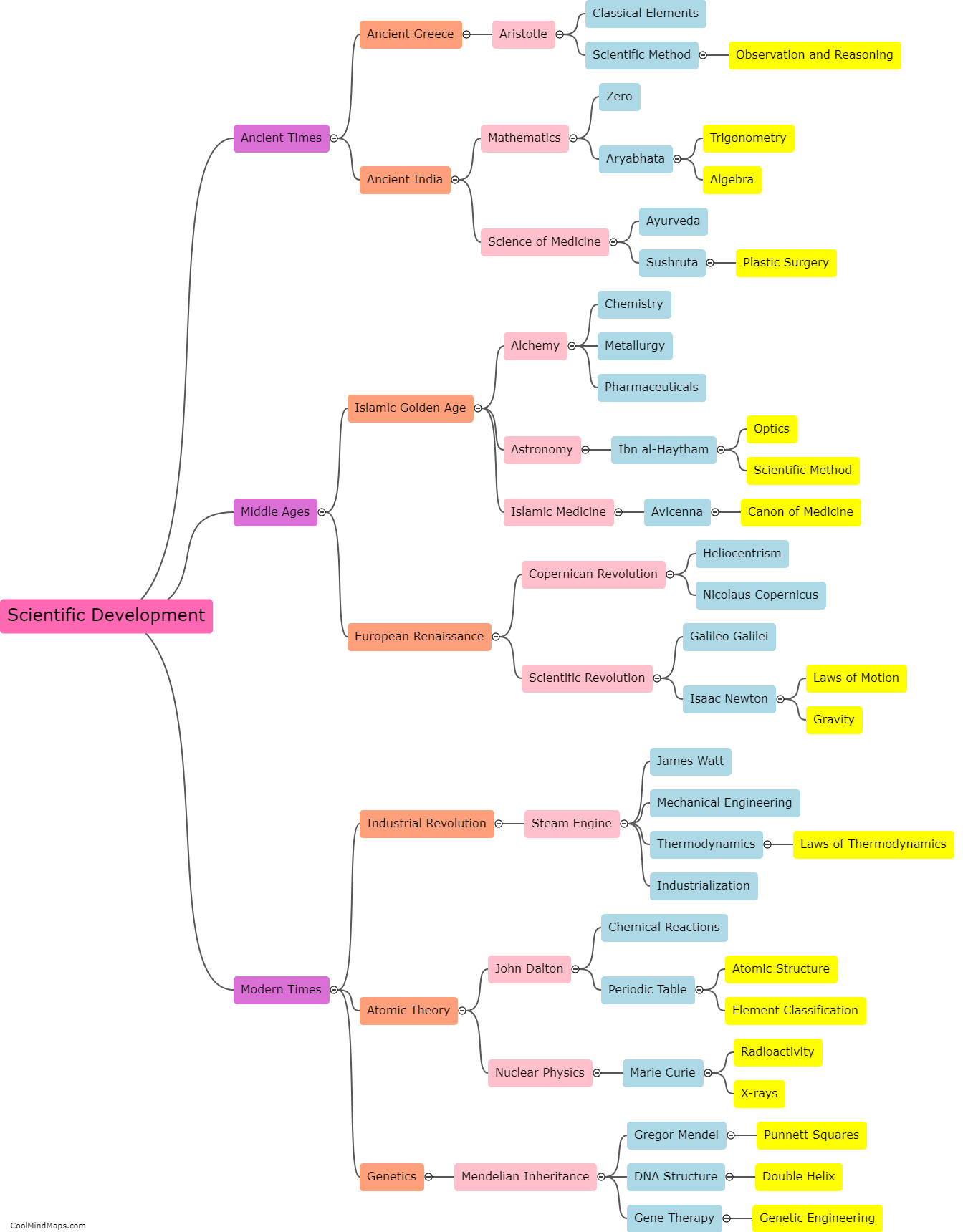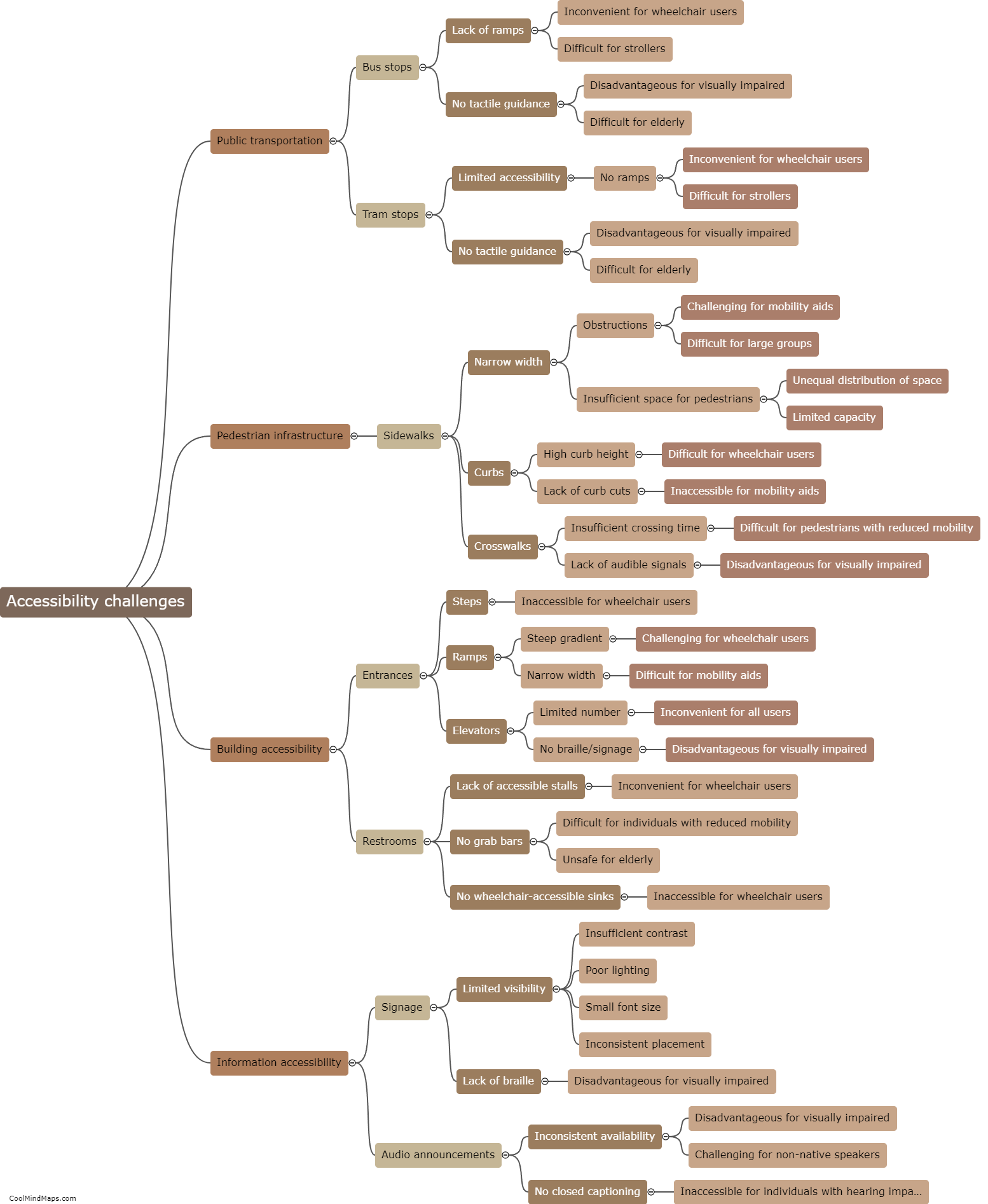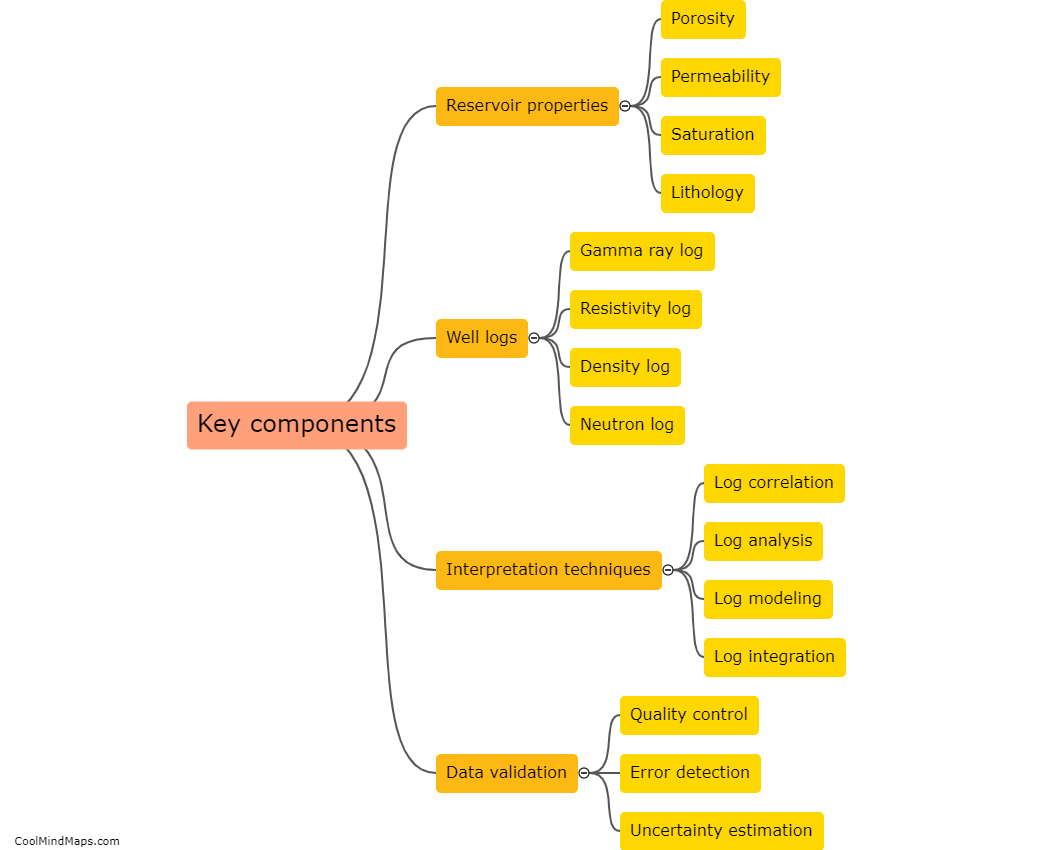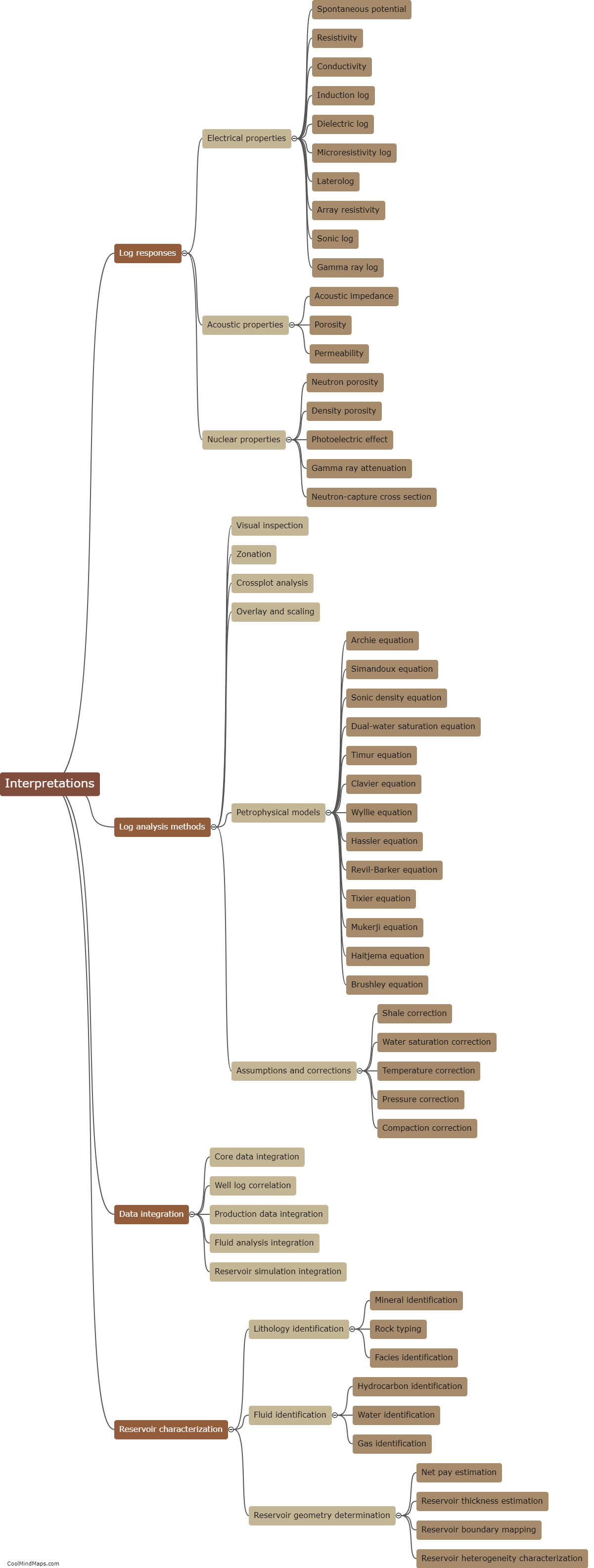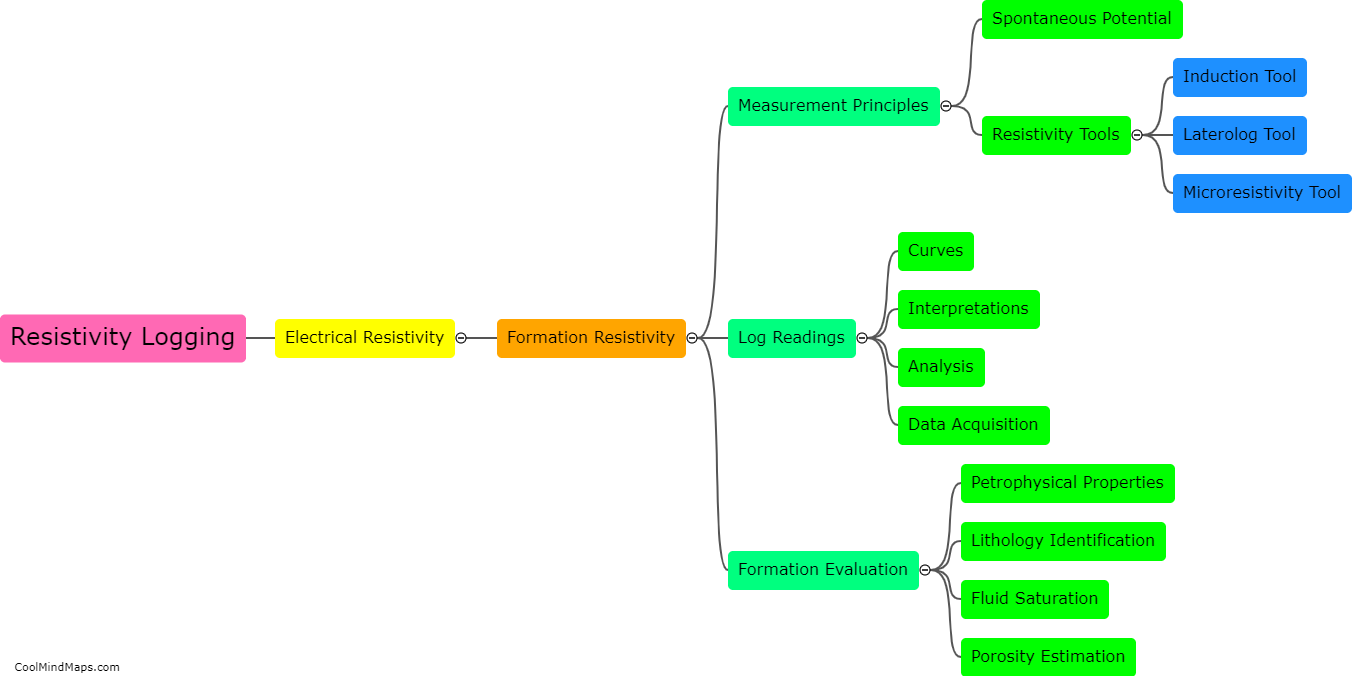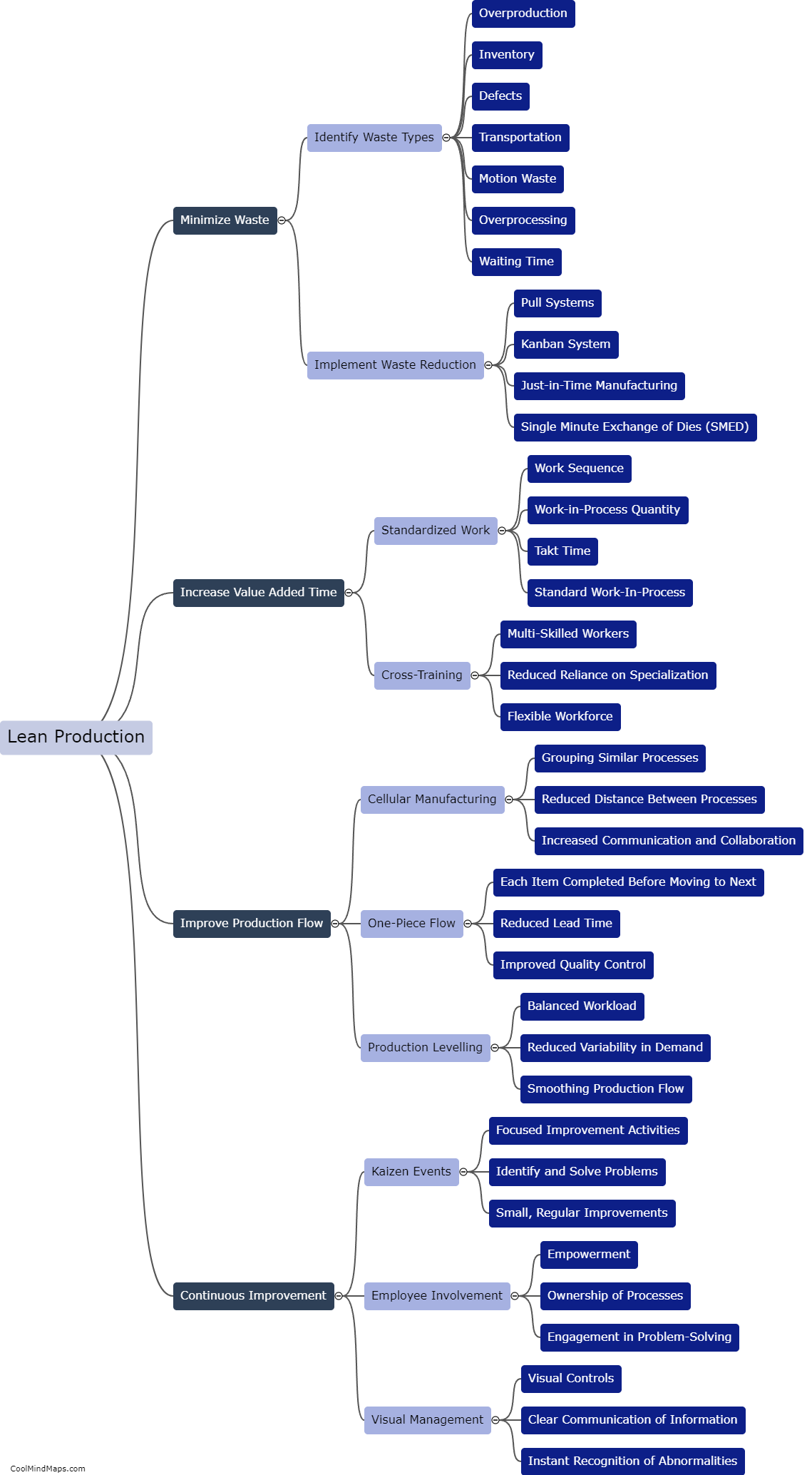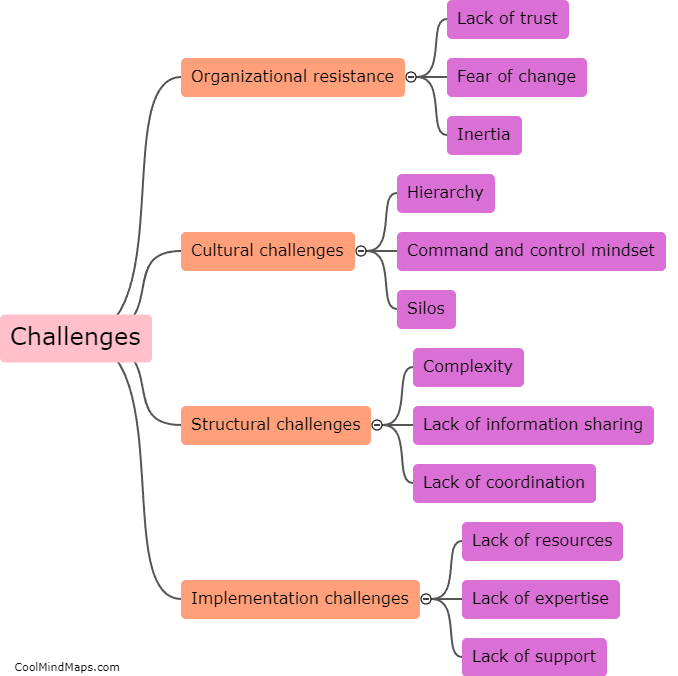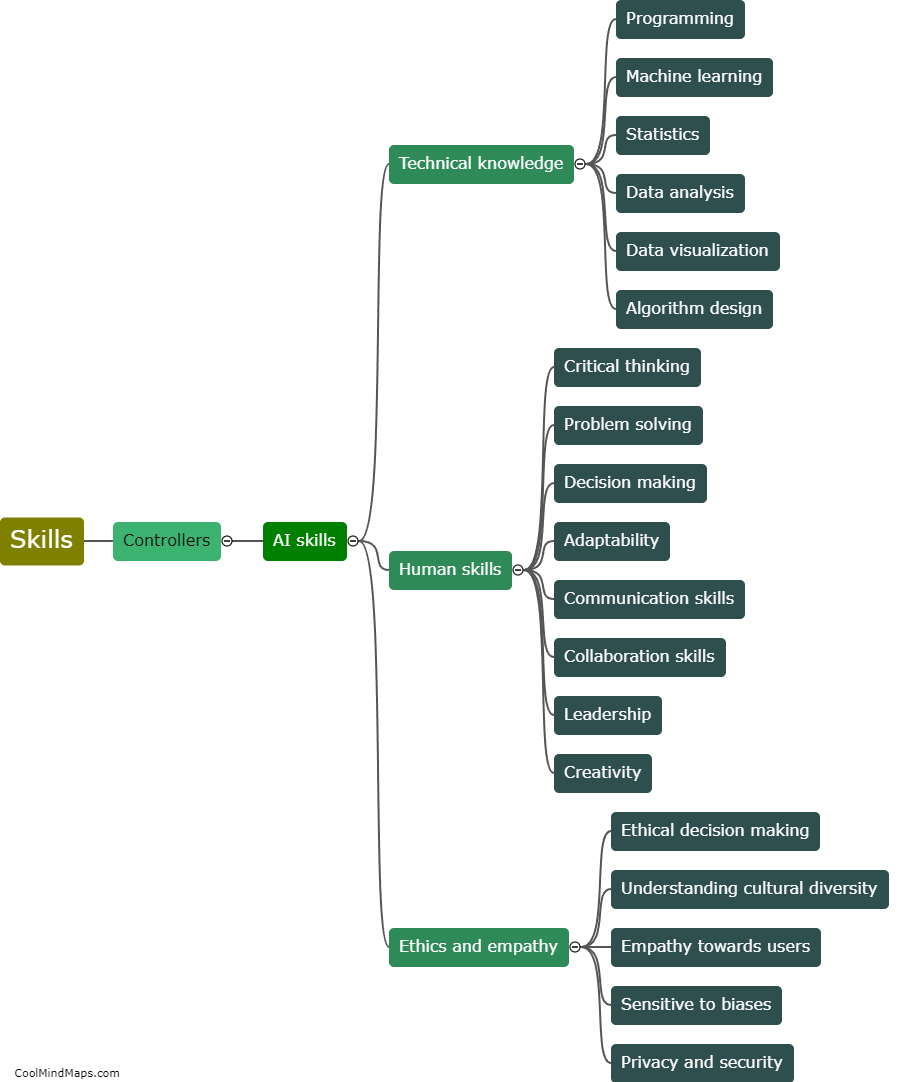What are the advantages of using different resistivity tools?
Different resistivity tools offer a range of advantages when it comes to geological surveys and exploration. One advantage is their ability to provide detailed information about the subsurface formation's resistivity, which is crucial in determining the presence and characteristics of various subsurface elements like hydrocarbons, minerals, or water. These tools also offer high-resolution imaging, allowing for precise mapping of subsurface structures and identification of potential reservoirs. Additionally, resistivity tools can efficiently collect data in diverse environments, including rugged terrains and deep boreholes, ensuring accurate and comprehensive assessments of the subsurface conditions. Overall, the use of different resistivity tools enhances the accuracy, efficiency, and effectiveness of subsurface investigations, aiding in informed decision-making in fields such as oil and gas exploration, mining, and groundwater management.

This mind map was published on 10 November 2023 and has been viewed 86 times.



